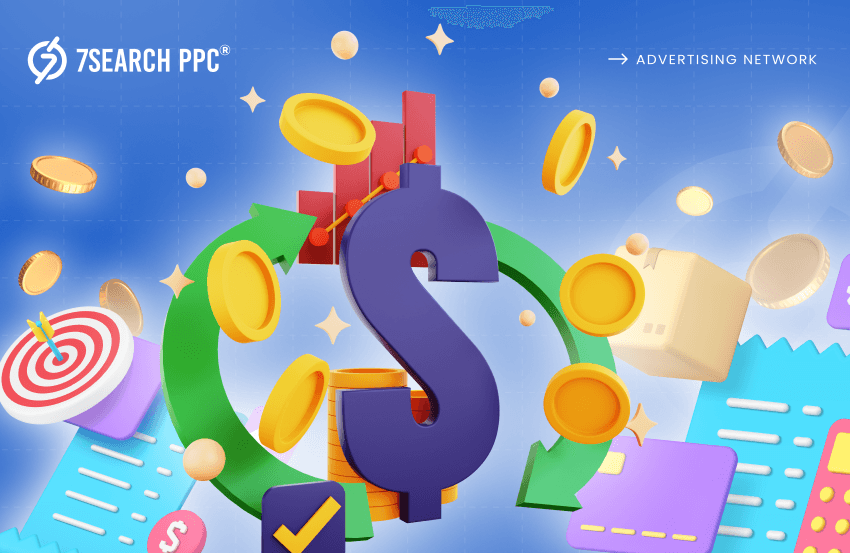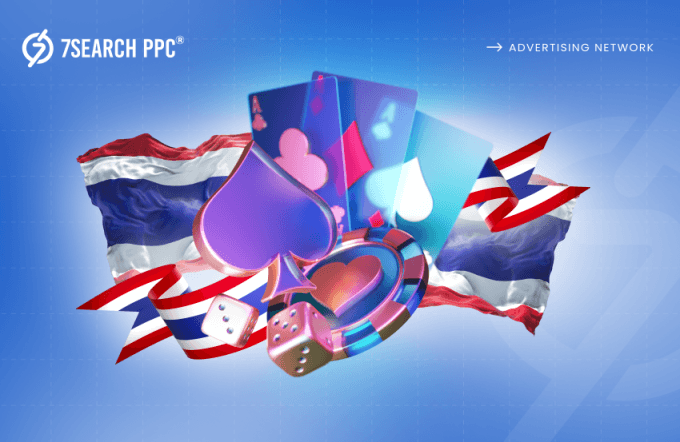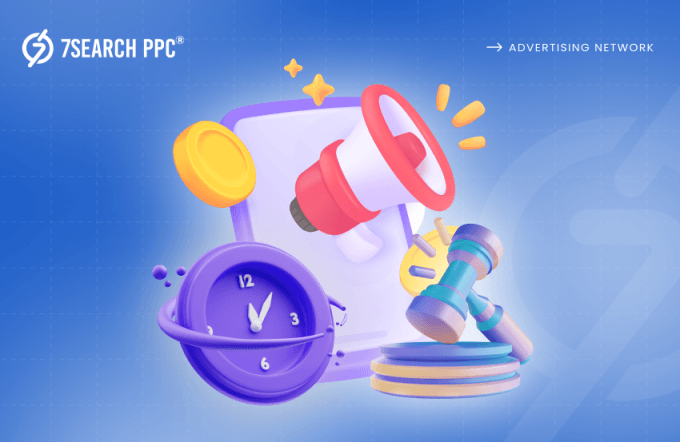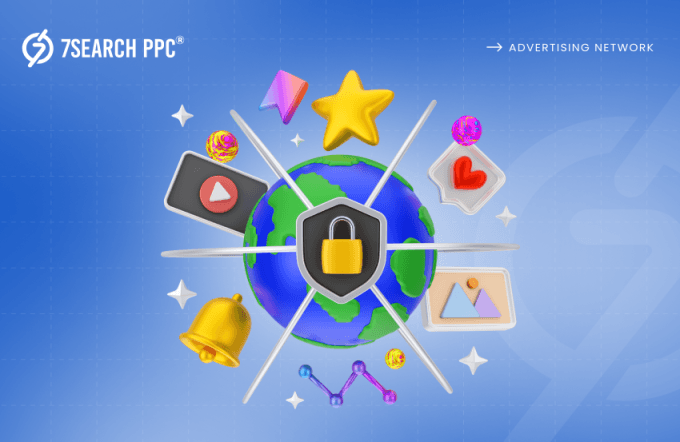Hey ya, friends, how are you all? Welcome to our blog again. Is your business growth rate is too slow compared to other businesses?
What exactly is the fault that you completely missed in your PPC advertising approach? Did you focus on PPC lead generation? No? Look, we have found the fault that you missed in finding the slow growth of your business.
Friends, you can’t depend only on existing customers. You need to hit the target on the new base of the potential audience to generate a quality lead that you can convert into loyal customers. We are presenting you with a blog that not only provides a way to generate PPC leads but also fuels your PPC marketing.
Start Generating Quality Leads with PPC Today – Get Started!
Your path to a higher business growth rate starts here; don’t miss the opportunity to raise your business. Let’s jump in –
The Power Of PPC Lead Generation For Explosive Business Growth
PPC lead generation refers to the procedure of using paid advertising to attract and capture the attention of an audience that is looking for the same products and services that you are offering. These ads show on search engine result pages, social media platforms, and relevant websites.
When the audience shows interest and clicks on the ads, they are directed to a designated landing page where the businesses ask them to provide their contact information in exchange for unique content, offers, or services that generate leads. The quantity of the generated PPC lead shows the success of online advertising, and the quality of the PPC lead shows the success of the business.
Quality PPC Lead vs Quantity PPC Lead
It is the most argued topic among businesses, and they mostly feel confused about choosing quantity leads or quality leads when it comes to PPC lead creation. Quantity of leads is necessary to guarantee a consistent supply of leads for the success of advertising, and quality leads must be given top priority to enhance conversion rates, sales, and return on investment (ROI), which means it is necessary for the success of the business.
Quantity Leads
The first process of PPC lead creation is to acquire quantity leads. Businesses can launch a Pay-Per-Click campaign and display their ads to a broad audience. By doing this, businesses can collect the data of their targeted audience easily. It is a process that does not take so much time and effort and gives positive hope to marketers.
Quality Leads
The next step is to refine the leads. In this process, businesses can approach a pool of audience (quantity leads) and refine them by doing research and analytics and finding a specific group of the audience who is interested in their offerings. By doing this, businesses can find quality leads that they can convert into loyal customers by strategically pitching offerings to them.
The Top Advantages Of PPC For Lead Generation
PPC lead generation offers several benefits for businesses looking to expand their customer base. We have researched the following benefits for you. Here it is –
Quick Results
The PPC approach provides quick results in lead generation, and it is far better than the organic method. PPC campaigns can start their work of catching the audience’s attention just after the campaign goes live. The immediate impact allows businesses to drive traffic to their website and get leads in a quick time.
Enhanced Brand Exposure
PPC ads take center stage on search engine result pages, which leads to boosting brand visibility and exposure in front of a large audience. It is the best way to raise awareness of the business and draw in potential clients who may be unaware of the brand in the market. It encourages them to show interest in advertisements, which is beneficial for businesses in generating PPC leads.
Targeted Advertising
PPC advertisers can use targeted advertising to make sure their ads are seen by the right audience by focusing on particular targeted elements such as
- Demographics
- Devices
- Interests
- Keywords
Businesses can succeed in PPC lead generation and improve their conversion rates by fully concentrating on a more specific audience.
Pocket-Friendly
PPC campaigns provide flexible budgeting options for advertisers. It permits businesses to manage their expenditure and make wise financial decisions on business advertising. It is an affordable PPC lead generation for advertisers because they only have to pay when an audience clicks on the online ads.
Exceptional Conversion Rates
PPC ads are created to be highly relevant to a user’s search intent. It increases the likelihood of clicks turning into leads, and those leads turning into valuable conversions for the business.
PPC Leads Made Simple: Track, Analyze, Win!
Tracking the leads generated by PPC campaigns is important for evaluating their effectiveness and making informed decisions to optimize your strategy; do you agree with the statement? Yes, OK, let’s see some strategies for tracking PPC lead–
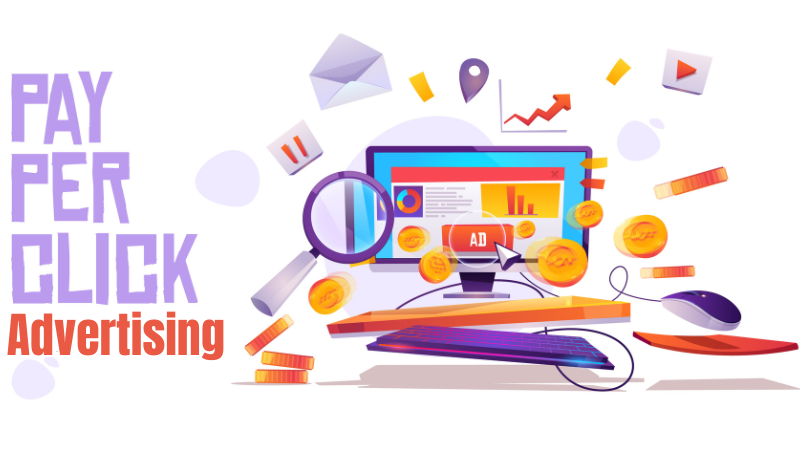
Conversion Tracking
The first tactic that can help you track the PPC leads is conversion tracking. It is the best way to measure the effectiveness of your PPC campaigns by monitoring the audience’s action on your running online ads.
You must implement conversion tracking codes on your website or landing pages to track particular actions taken by users, such as subscriptions, form filling, purchases, etc. It depends on your advertising objectives. You can use our advertising platform, 7Search PPC, for easy integration with lead gen tools. It allows you to track and measure the performance of your advertisements.
Urchin Tracking Module (UTM) Parameters
Do you know about the UTM parameter, which is mostly used by advertisers in PPC lead generation? It is a tracking snippet added to the URL to monitor the marketing performance and understand the audience behavior for advertising success.
If you don’t want to drop a chance of creating a PPC lead, then you must use UTM parameters in your ad URLs to track the source and medium that generated each lead. The benefit of adding a UTM parameter in your URL is that it allows you to analyze the effectiveness of different channels and set your budget accordingly.
CRM Integration
You must integrate your PPC campaigns with your customer relationship management (CRM) system. It can help you to seamlessly track leads from the initial stage to the final action that you desire from your audience. The CRM integration allows advertisers to track the whole customer journey and measure the impact of their advertising efforts.
Best Practices For Effective PPC Lead Generation
As an advertiser, it is crucial to follow these best practices to ensure successful PPC lead generation –
Keyword Research
You must conduct in-depth keyword research to identify the most relevant and high-powering keywords that are booming in the industry that you are linked with. You can use the following tools to discover valuable and significant keyword opportunities –
- Google Keyword Planner
- Ahrefs
- Semrush
- Serpstat
Entrancing Ad Copy
You must generate attractive and relevant ad copy that encourages the audience to click on the ads. Remember to highlight the USP (Unique Selling Propositions) and benefits of your products and services to attract an audience. It can help you in PPC lead generation.
Landing Page Optimization
You must create dedicated landing pages that align with your PPC ads. You can optimize the landing page content, design, and call-to-action to maximize PPC leads and conversions. You can improve the game of PPC lead generation by using the following elements on your landing page –
- User-friendly Design
- Relevant Content
- Eye-catching Visuals
- Engaging Headlines
- Clear Call-To-Action (CTA)
Continuous Testing
If you can’t experiment with things, then you won’t be able to find the best results. You must regularly test the following elements to identify what works best for you in PPC lead generation –
- Ad Variations
- Landing Page Designs
- Targeting Parameters
You can use the A/B testing that can help you fine-tune the campaign and improve lead generation performance.
Monitor and Analyze Performance
You must keep a close watch on the following campaign’s performance metrics –
- Click-Through Rates
- Conversion Rates
- Cost-Per-Lead
Analyze these metrics to find the areas of improvement and adjust the campaign accordingly for effective PPC lead generation.
Allocation Of Budget
You must monitor the performance of your campaigns regularly and set your budget based on the campaigns or keywords, such as “Social Media Marketing,” “Content Marketing,” etc, that generate the highest number of quality leads. You must optimize your spending wisely to generate a PPC lead for your business.
Conclusion
PPC lead generation is not a tough task if you strategically put the tactics in your PPC campaign. In this blog, we have shown the benefits as well as the best practices of effective PPC lead generation that can help you accelerate business growth. So friends, what are you waiting for? Try out our 7Search PPC ad network and leverage the insights shared in this blog to supercharge your PPC campaign efforts.
Frequently Asked Questions (FAQs)
Why is keyword research crucial for PPC lead generation?
Ans. Keyword research plays an important role in the success of your advertising efforts. It helps you identify the terms that are famous among your targeted audience and ensures that your ads appear in front of them when they enter the relevant search queries.
How do landing pages impact PPC lead generation?
Ans. An astonishing landing page can make a good impression in front of the audience and encourage visitors to engage with your content. It significantly improves conversion rates and generates a PPC lead for businesses by providing a seamless experience for visitors.
What are negative keywords, and why are they important?
Ans. Negative keywords help advertisers by kick-out the irrelevant traffic and ensuring that their ads are shown to an audience genuinely interested in your offerings.
Are there any common mistakes to avoid in PPC lead generation?
Ans. There are the following common mistakes that you must avoid in PPC lead generation –
- Ignoring Data Analysis
- Neglecting A/B Testing
- Inconsistent Monitoring

